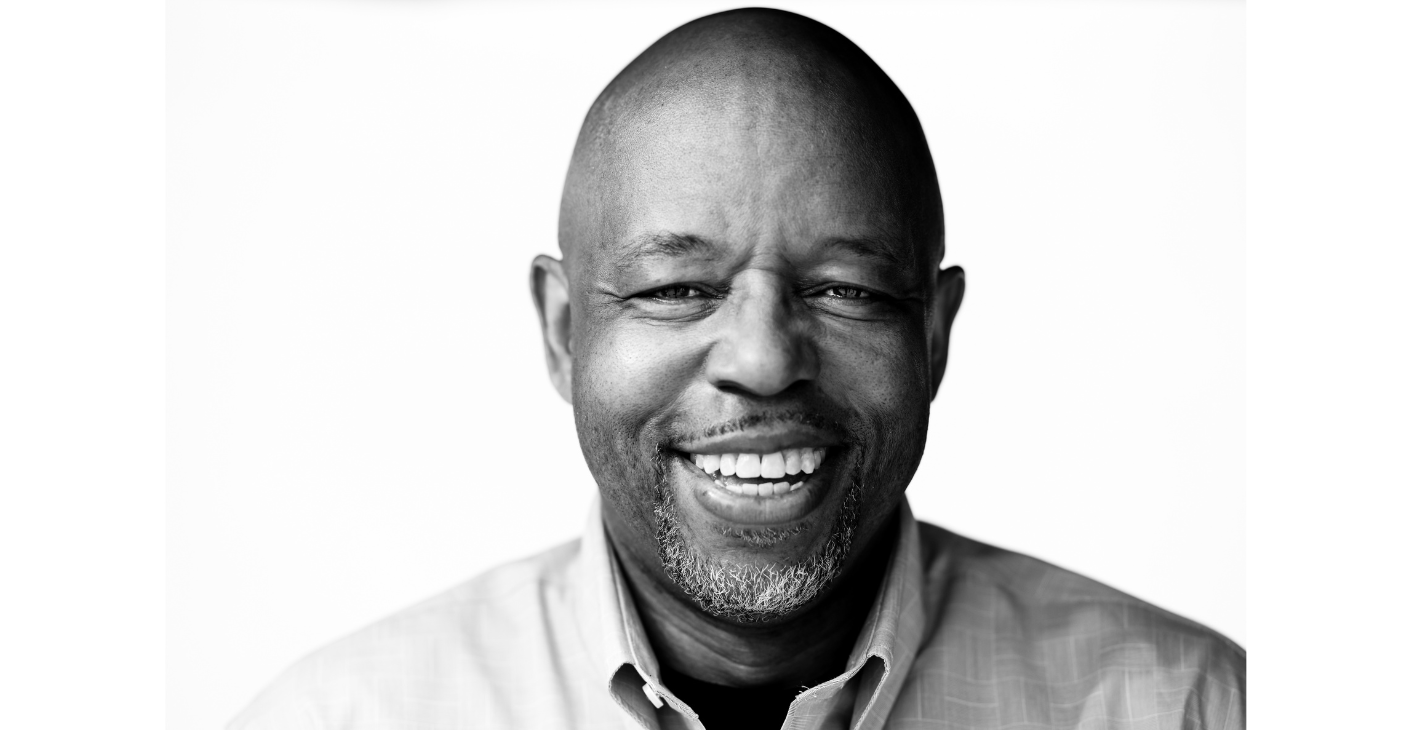Growing up, Paul Bains recalls waking up in the morning, coming downstairs, and seeing strangers sleeping in his family’s living room. But he was never alarmed. “You’d be stepping over people to get to the refrigerator,” Bains said. Whether it was traveling preachers, or people without stable housing, folks in the community knew that his family was always open to serving others.
Bains’ father was a preacher, and his mother worked as a cook and then a nurse at Stanford Hospital. Bains says he is both driven by faith as the son of a pastor, and now a pastor himself – and driven by solutions that would address community needs.
One of Bains’ first jobs was working at his brother’s furniture and moving company. The company would sometimes hire staff who had been formerly incarcerated, which showed Paul that people could turn their lives around given the chance. He later started a facilities management company with his wife, Cheryl. At the new company, he also continued to hire people who needed second chances.
Bains’ experience in business operations and management proved beneficial when in 1999, he and Cheryl launched WeHOPE, a nonprofit organization that stands for We Help Others Excel. Their goals were lofty: addressing street violence — at the time in 1993, East Palo Alto had become the murder capital of the nation – as well as education, and poverty and homelessness.
WeHOPE started basketball and soccer programs that took place at midnight in order to get rival gangs to make some peace with each other. In 2004, to bridge the divide between the police and local residents, Bains also started a police chaplaincy, providing services for the police department and connecting them with the communities in which they serve.
Bains also knew that he needed to address housing in East Palo Alto, where the median household income is $96,349 according to the U.S. Census. By contrast, neighboring Palo Alto has a median household income of $194,782. In 1999, WeHOPE opened what was then the only shelter for unhoused community members at the time in East Palo Alto and only one of the three shelters in the County of San Mateo.
More than two decades later, WeHOPE, with support from funders including the San Francisco Foundation, has grown to encompass 132 employees with contracts in five Bay Area counties to provide services such as mobile hygiene trucks that offer showers and laundry services to those without stable housing. The organization also provides free job training, nutrition classes, and more to its 6,000 clients in the Bay Area.
The Bains’ latest venture, United Hope Builders, is a private partnership focused on building 400 affordable homes – modular, prefab units – each year in East Palo Alto. As part of this project, Bains also wants to shed light on how people of color, and particularly Black households, have been historically blocked from owning land and buying houses in certain neighborhoods, including East Palo Alto.
This practice, called “redlining,” combined with other systemic inequities including predatory lending and gentrification, have prevented BIPOC communities from building wealth.
“To disrupt generational poverty, you do it through education, and you do it through home ownership,” he stated.
“A lot of times, people will tell you, you can’t do something, or particularly for me, why I can’t do something as a Black man,” he says. “But I don’t let that stop me. I let it propel me. And because of my faith, I always ask God, ’What do you want me to do?’”
By Momo Chang, SFF consultant


